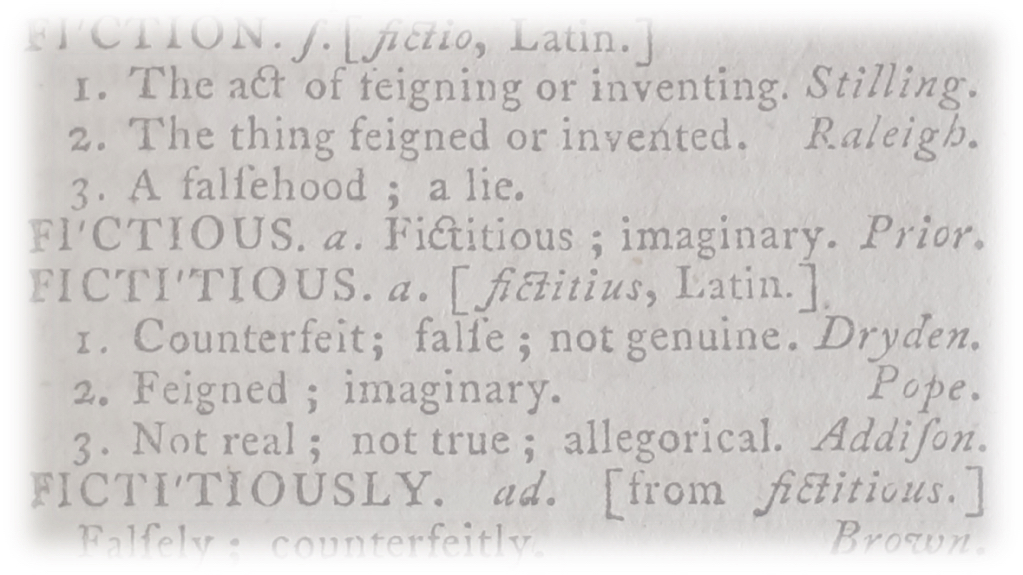The archive is now at a « mnemonic turn ». Once considered a pledge of truth in order to grasp history, it is now reused by contemporary artists and even made as a source of plastic creation. Transformation of the historical process becomes a research matter. Under approaches comparable to archaeology and even police investigations, the meaning of the archive decipher, question, turn over and call on the contemporary artist as the potential for imaginary new forms. Between history and creation. Between document and fiction.
 The plastic artist approves the archive for its documentary value and apparent truth, even if it is transformed into its seemingly frozen aspect. This new document loses its archive status and becomes ′′ other « . A handwriting sometimes on the margins of ethics and which opens the doors of a new order, a new story, another narrative. A narrative born of historical research, transformed. The voids and shortcomings of the fragmentary narrative of history are reinterpreted by the artist, if not totally denatured.
The plastic artist approves the archive for its documentary value and apparent truth, even if it is transformed into its seemingly frozen aspect. This new document loses its archive status and becomes ′′ other « . A handwriting sometimes on the margins of ethics and which opens the doors of a new order, a new story, another narrative. A narrative born of historical research, transformed. The voids and shortcomings of the fragmentary narrative of history are reinterpreted by the artist, if not totally denatured.
Both authentic and confronted by the artist’s affabulations, the archive can only reveal its fragility in the continuous dilution that Time inflicts on him. Archive carrying new truths, invented lies.

The call aims to bring together a group of artists and researchers with common issues around the fictional archive. On the one hand, contemporary artists whose approach is inspired by it and on the other hand, researchers from diverse backgrounds. Indeed, the fictional archive is a reflection at the centre of the research of historians, art historians, archivists at first sight but also, in extenso, other disciplines like law, psychology, computing.
The first step consists of an inventory of the fictional archive in its contemporary sense and its use by artists. It will also be about gathering the multiple knowledge that interfere with the concept of the archive. The second stage will reflect on the presentation of joint research.
Following the call, a research group has been created and is meeting monthly online and at ISELP’s research centre in Brussels where different angles are being tackled.
A think tank that meets and develops a common path, a work questioning several notions:
– The notion of lying / altering facts as plastic creation;
– Ethics and political involvement;
– The fictional archive in the digital and contemporary era;
– How do you archive these archives that didn’t even exist;
As well as other questions that will obviously take place during the meetings.
The call – a hybrid project: towards a public presentation of common, scientific and plastic research.
